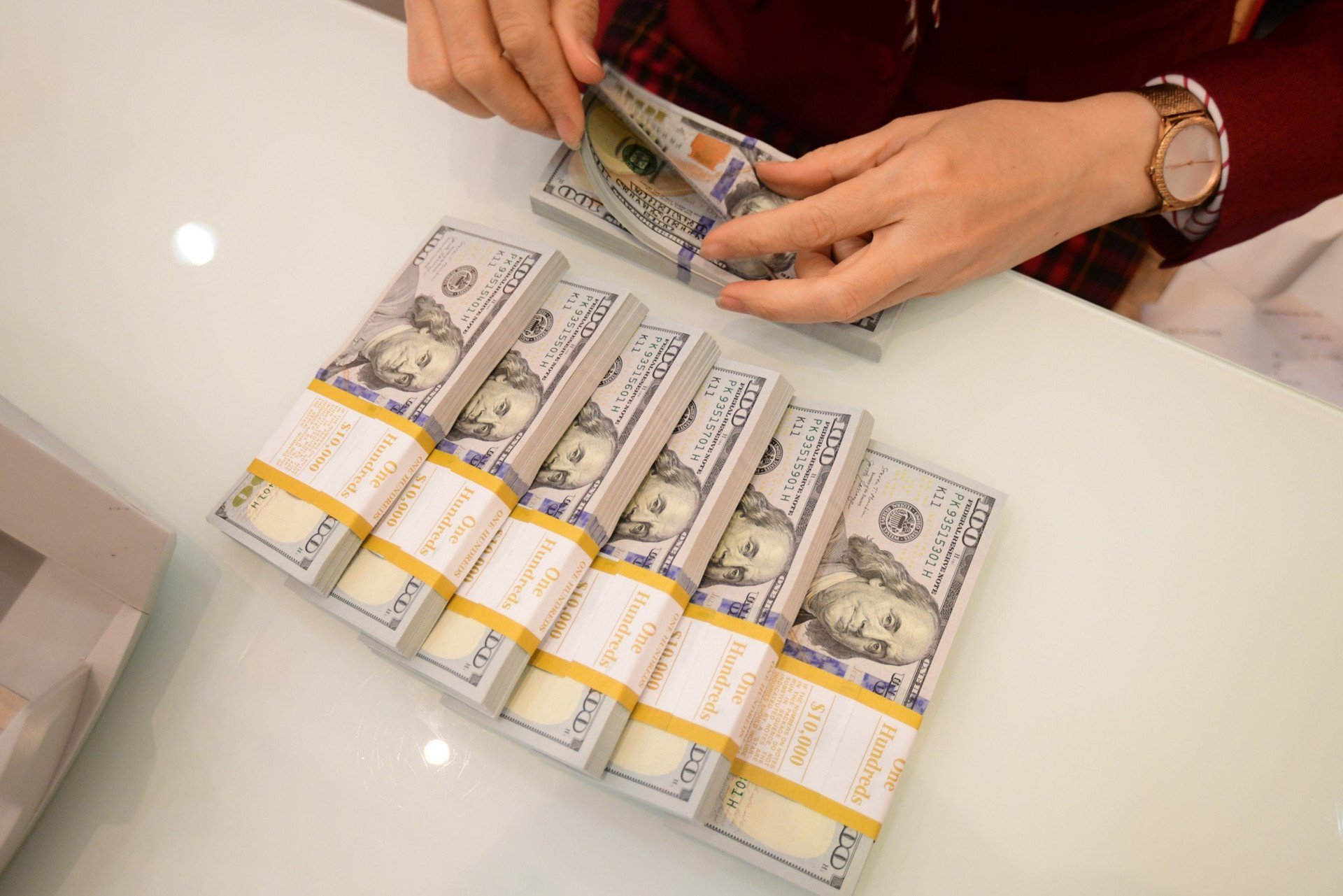
The USD price at banks and on the free market increased sharply again on May 11. Accordingly, on the official market, banks set the USD price at the ceiling price, such as Vietcombank buying at 25,154 VND - selling at 25,484 VND.
In the free market, the greenback also increased sharply by 50 VND, buying at 25,720 VND and selling at 25,800 VND.
Anxious to see USD price increase
The director of a construction company in Ho Chi Minh City said that in previous years, the unit borrowed USD at an interest rate of around 3%, but now it has increased to 4-5%, and there are even contracts where the company has to pay around 6-7%.
Not to mention, when I borrowed USD it was only over 24,000 VND/USD but now when I have to pay it back it is almost 25,500 VND.
"Businesses earn money by selling goods in VND but have to pay money and interest in USD, making it even more difficult. With the current interest rate and USD exchange rate, we barely make enough to pay off our debts," the business leader said sadly.
As a unit specializing in the production of beverages and soft drinks, Mr. Nguyen Dang Hien - General Director of Tan Quang Minh Company (Ho Chi Minh City), said that the business is under quite a lot of pressure because many imported products and materials... need to be paid for in USD, even things bought domestically in VND are still converted to USD exchange rate.
According to Mr. Hien, with the increase in exchange rate, production costs also increase sharply. However, selling to the domestic market, "it is not easy to increase prices".
"About 82% of the production is consumed domestically.
Therefore, if production costs increase by only 2-3%, the unit will be "weak" because consumption will be slow, making it difficult to increase selling prices. Many businesses will likely suffer heavy losses due to exchange rates, and it will be even more difficult to repay loans in USD," said Mr. Hien.
Mr. Ta Quang Huyen, Chairman of the Board of Directors of Hoang Son 1 Company ( Binh Phuoc ), said that currently 80-85% of raw materials for processing must be imported, and payments are all in USD, so businesses feel pressured.
However, because the majority of processed cashews serve the export market and are earned in USD, this helps to balance things out somewhat.
According to the representative of the Vietnam Cashew Association, to limit risks from exchange rate issues, businesses need to calculate and balance the prices of imported and exported raw materials, have clear contracts and prioritize short-term imports and exports, and limit long-term hoarding and speculation.
In addition, it is possible to choose a stable exchange rate contract, or prioritize paying a small part of the value of the imported order, and paying the remaining part upon arrival in Vietnam, helping businesses proactively negotiate more favorable export prices, avoiding exchange rate risks.
Ms. Hoang Thi Lien, President of the Vietnam Pepper and Spice Association, said that with export value many times higher than import and paid mainly in USD, exchange rate fluctuations are still beneficial.
However, Ms. Lien said that there are still cases of risk and great pressure if the buying and selling prices are not carefully calculated.
"Instead of borrowing USD in the usual way with many risks, businesses can use foreign mortgage contracts with banks to borrow USD in the short term and pay back early after exporting goods."
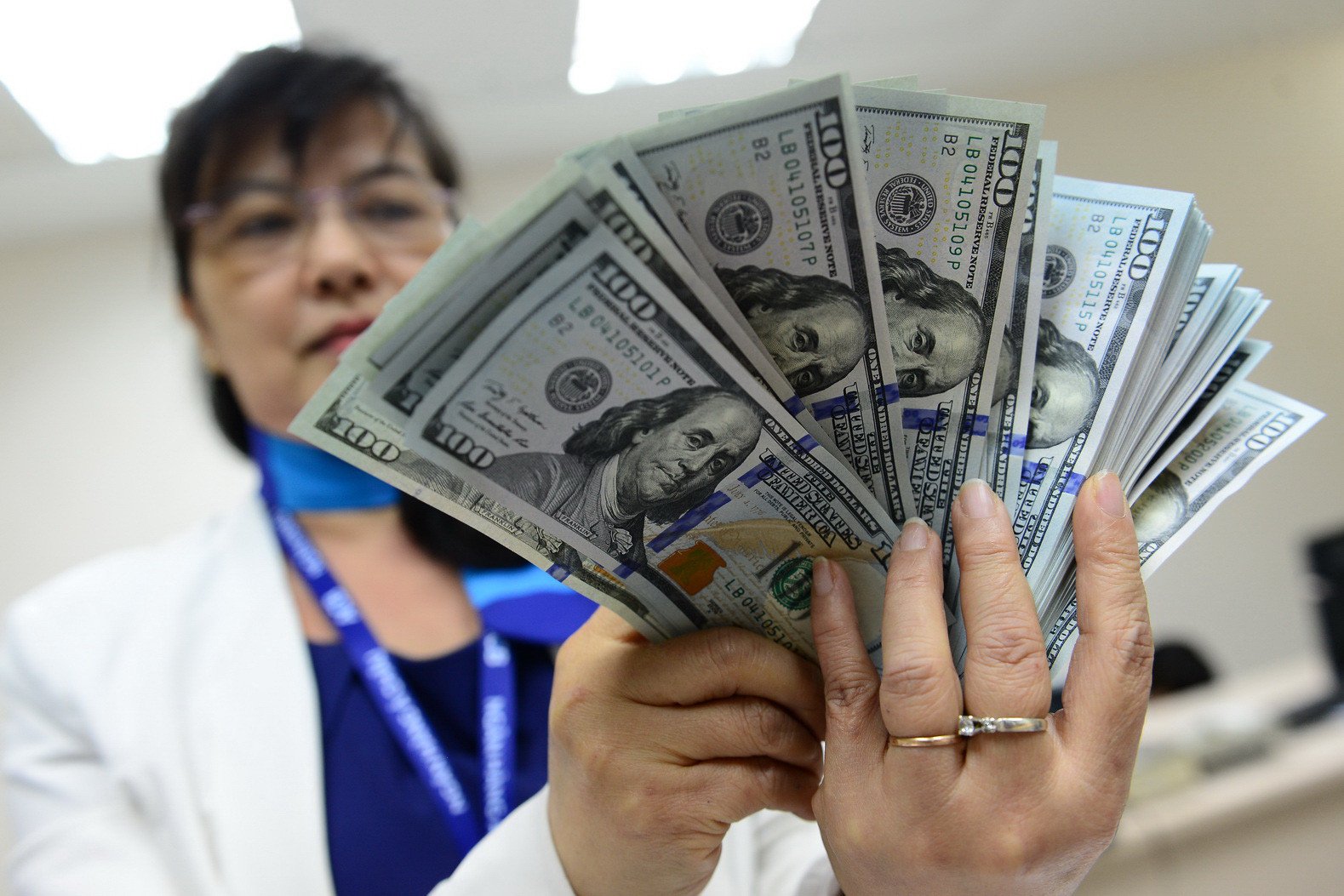
USD debt under double pressure
Mr. Tran Nhat Nam - former Deputy General Director of a bank in Hanoi - said that businesses borrowing USD could suffer double losses from USD exchange rates and interest rates in the current context.
Accordingly, businesses using floating-rate USD loans will have a "harder time" than fixed-rate loans. Because in addition to the exchange rate difference, businesses also have to bear additional interest costs when USD interest rates are high.
In addition, businesses using floating-rate USD loans will be riskier.
Regarding the solution to prevent exchange rate fluctuations, Mr. Tran Nhat Nam said that businesses can consider using foreign currency forward contracts or future contracts. At the same time, carefully consider the terms in the foreign currency loan contract. Depending on the position of each business, they can negotiate appropriate conditions to proactively respond to risks.
"When a business determines that it must repay its debt within a certain period of time, it can buy a futures contract at an agreed exchange rate. When the contract is due, whether the exchange rate increases or decreases, both parties will still execute the exchange rate according to the contract," Mr. Tran Nhat Nam further explained.
Mr. Nam said that buying this contract is essentially like a type of insurance. Of course, there will be a risk of buying a higher exchange rate than the actual payment, so this depends on the ability to judge and the level of risk acceptance of each business.
NH (according to Tuoi Tre)Source



![[Photo] More than 17,000 candidates participate in the 2025 SPT Competency Assessment Test of Hanoi National University of Education](https://vphoto.vietnam.vn/thumb/1200x675/vietnam/resource/IMAGE/2025/5/17/e538d9a1636c407cbb211b314e6303fd)


![[Photo] Readers line up to visit the photo exhibition and receive a special publication commemorating the 135th birthday of President Ho Chi Minh at Nhan Dan Newspaper](https://vphoto.vietnam.vn/thumb/1200x675/vietnam/resource/IMAGE/2025/5/17/85b3197fc6bd43e6a9ee4db15101005b)
![[Photo] Prime Minister Pham Minh Chinh chairs meeting on science and technology development](https://vphoto.vietnam.vn/thumb/1200x675/vietnam/resource/IMAGE/2025/5/17/ae80dd74c384439789b12013c738a045)
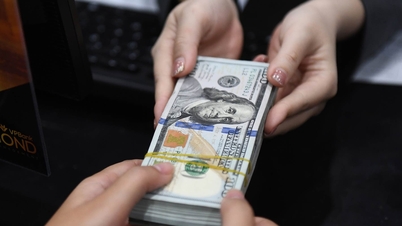

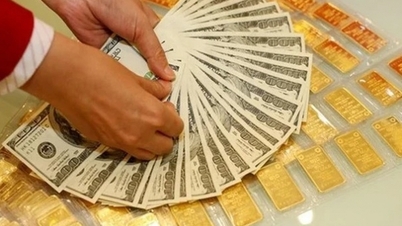

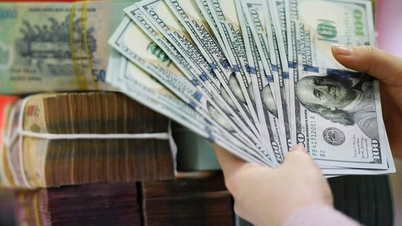

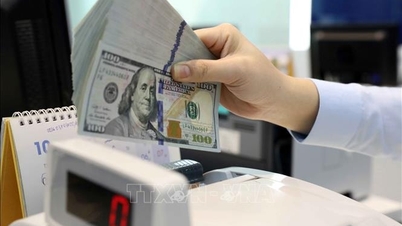

















![[Photo] Nearly 3,000 students moved by stories about soldiers](https://vphoto.vietnam.vn/thumb/1200x675/vietnam/resource/IMAGE/2025/5/17/21da57c8241e42438b423eaa37215e0e)






















































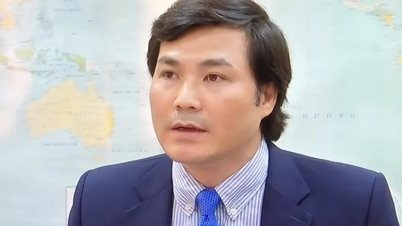
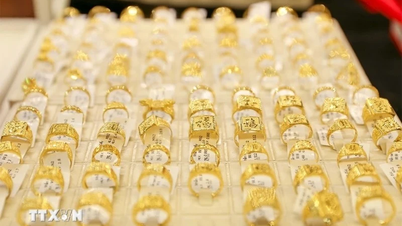

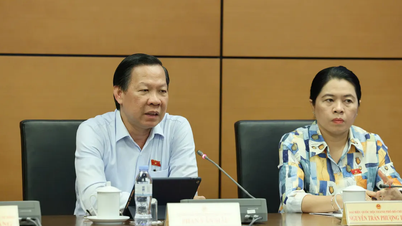












Comment (0)